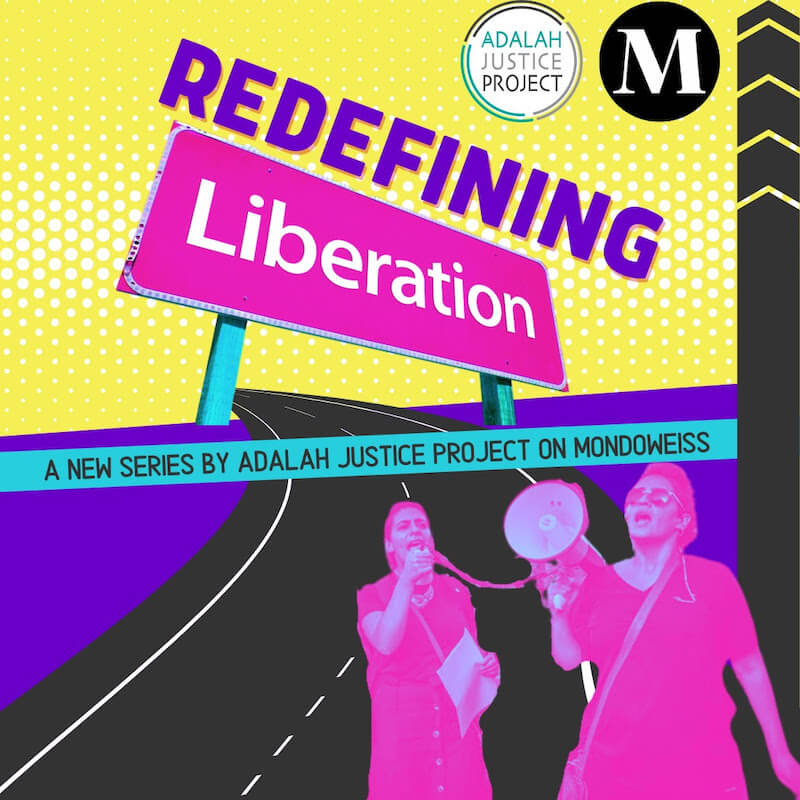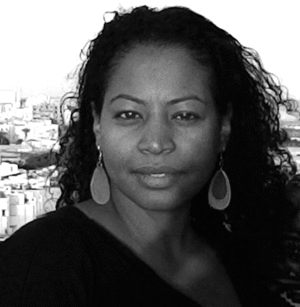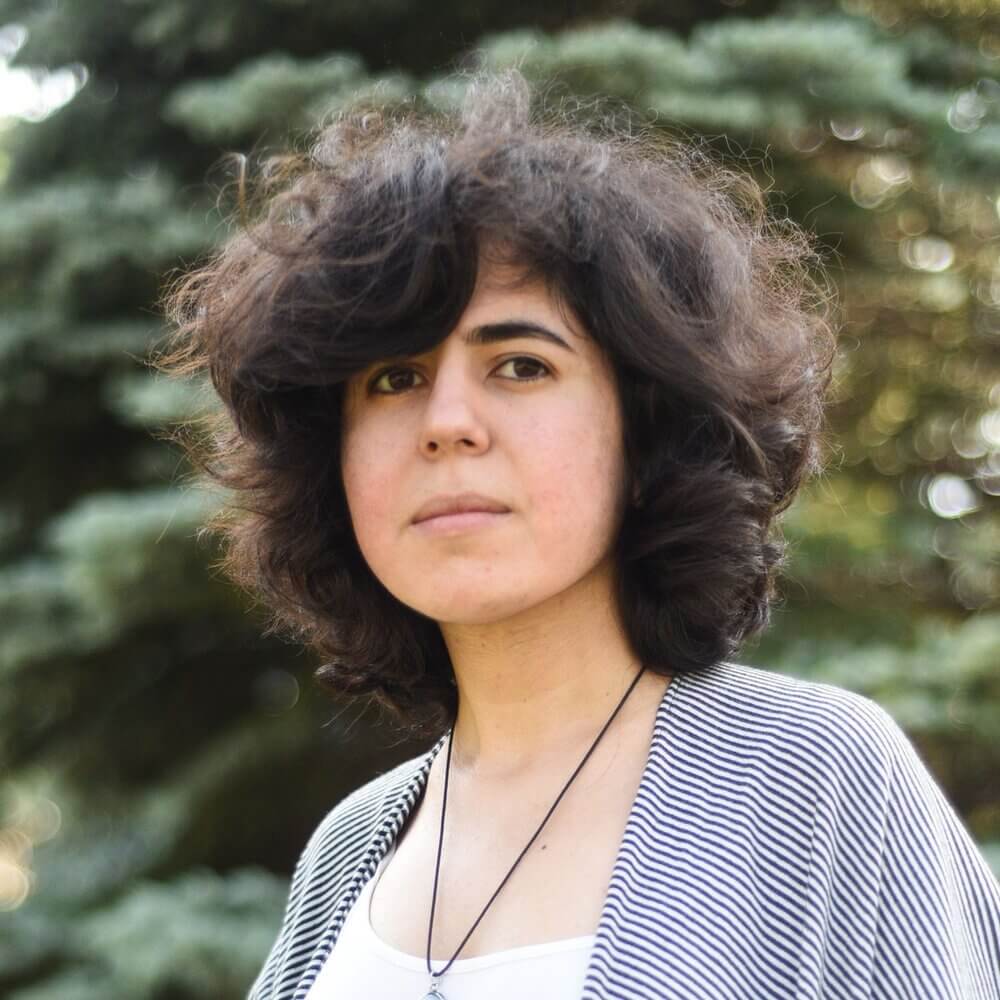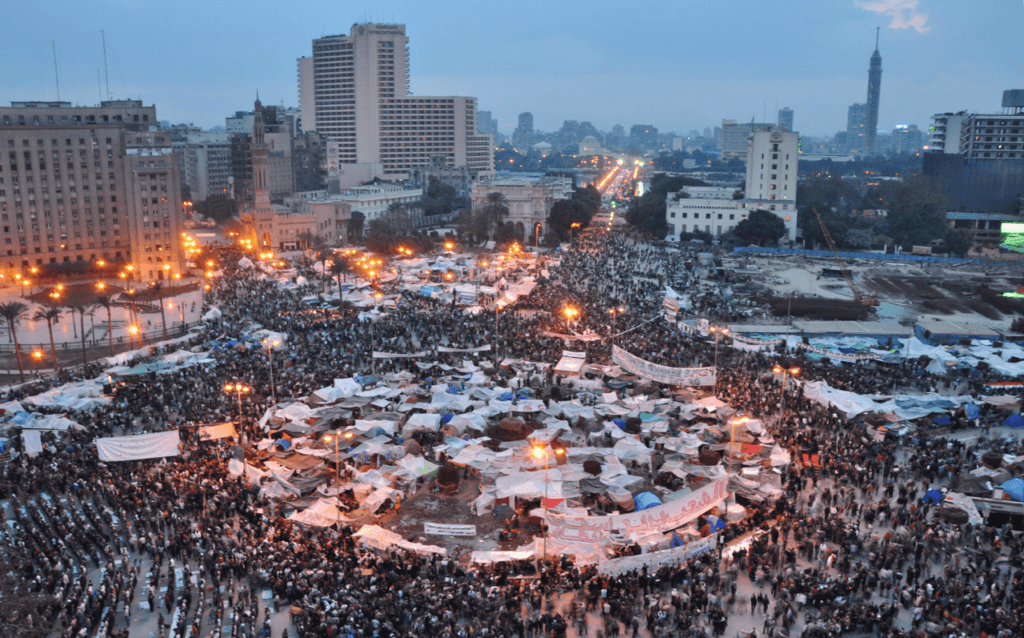
December 17 marked ten years since Mohammed Bouazizi, a street vendor in Tunis, set himself on fire in an act of defiance and desperation that triggered what would become known as the Arab Spring.
Over the course of the last ten years, we have witnessed revolutions sweep the Middle East and North Africa, but we have also witnessed the sheer might and terror of counter-revolutionary forces aided and abetted by imperial powers like the US and Russia, who have everything to gain from ensuring the Arab world remains a minefield for exploitation and military endeavors. Looking back at 2010, we asked activists and organizers what lessons we must draw for our current moment–a period of ongoing instability racked by a global pandemic, worsening austerity measures the world over, and an increasingly polarized political order. What must we not forget? Here are some of the responses.
Forging links across borders
Sudan is an interesting vantage point from which to reflect on ten years of uprisings in North Africa and West Asia. A Black-African nation, Sudan has always been on the margins of the region both geographically and metaphorically. When its revolution began in December 2018, it was the first in a ‘second wave’ of mass uprisings in the region. Though young, its revolution is already both a source of hope for the prospect of revolutionary learning and a grim reminder of how entrenched, creative, and unrelenting the forces of counter-revolution remain.

In some ways, the December Revolution felt inevitable. The country had experienced two prior mass uprisings, in 1964 and 1985, both of which toppled autocratic military regimes. A decade ago, elites in ‘Arab Spring’ countries held elections quickly. Sudan has chosen the path of a long transition. It remains to be seen whether this choice was a wise one.
While the poetics of the Sudanese revolution draw heavily on Sudan’s own archive of civil uprisings, the lessons of the Arab Spring, especially those from neighboring Egypt, are ever present. As Azza Mustafa and I wrote in the recent collection A Region in Revolt: Mapping the Recent Uprisings in North Africa and West Asia (2020), second-wave movements, including Sudan’s, “are cognizant of the lessons of 2011 to 2012: that movements should not demobilize too soon.” In addition,
“while the smart phone has opened a whole new world of organizing potential…[it] has also been countered by the ability of regimes to cut off the internet. These new technologies, which were spoken of rather simplistically in the first wave … show that grassroots revolutionary structures with actual presence and organization on the ground are as necessary as ever…. Rather than the binary of leaderless or ‘clearly-led’ uprisings, Sudan shows that leadership can (and should be able to) shift depending on the exigencies of the revolutionary struggle.”
Despite this, it is becoming increasingly clear that counter-revolution comes in many garbs, some of which make it hard to recognize. At a moment when inequality is reaching explosive levels, we have not internalized the idea that what defeats the ability of uprisings such as ours to effect radical change is not simply internal forces, but the way they interact with external ones. For example, the way in which the ‘international community’ manipulates countries like Sudan – desperate for economic aid and foreign investment – through a web of conditionality that pits the oppressed against one another. This was reflected recently in the Sudanese government’s decision to normalize relations with Israel in exchange for, ultimately, the prospect of debt relief by the International Monetary Fund and aid and investment by the West.
Looking at the living archive of resistance from the last ten years, we see many examples such as the above. For me, what remains missing, still, even though it is more necessary than ever, is the systematic forging of links across borders capable of opening up a wider terrain of struggle against imperialism, capitalism, racism, gendered violence and militarism. Like the movements which began a decade ago, today’s movements in Sudan, fierce as they are, fight alone.
Sara Abbas is a doctoral candidate at the Freie Universität Berlin. She has written on social movements and struggles in Sudan for Red Pepper, the Nation (as Sara Mohammed), OpenDemocracy, ROAR Magazine and other outlets.
Our shared, interconnected struggle
On December 17, 2010, I was living in Palestine–a land that remembers. And it was there, in the storied months that followed, where I was for the first time in my life referred to as the granddaughter of Salah Ben Youssef. Palestinians of a certain generation spoke to me in electric tones, eyes sparkling as they recalled revolutions past. They offered condolences six decades old. Together we mourned the loss of a dreamer, a Tunisian freedom fighter, an anti-colonial, Third World revolutionary who was assassinated by Habib Bourguiba and the global forces of neocolonialism in 1961. Yet they were clear that the mighty wave we were witnessing was part of the same, righteous struggle; yes, they killed the revolutionary, but the revolution has continued.

Revolutionary moments are convenings of history. In Tunisia, the 2011 revolution contained the memory of resistance to colonial rule in the 1950s. The People’s Archives were unearthed in the streets from Sidi Bouzid to Tunis. In 1955-1956, thousands of Tunisians mobilized against colonialism and neo-colonialism, and in solidarity with all oppressed people, indicted the systems that denied bread, freedom and dignity, by design. Our ancestors understood that the liberal world order required conditions of subjugation, isolation and exploitation, and that every system premised on the lie of human hierarchy had to be uprooted. For the clarity of their conviction and in order to disrupt a transformative nexus of power, militants were disappeared, tortured and killed, and entire regions of the country were marginalized and economically depressed. But such is the irrepressible yearning for justice that, generations later, the young people of those very regions would inspire an era of global reckoning.
And here too, amidst staggering human suffering and loss, where the powerful wield violent force to preserve systems of supremacy and to circumscribe the limits of social change, the conversation across time continues. Perhaps most threatening to empire was that while having a clear critique of the intolerable status quo, my grandfather and his comrades across the Third World were also envisioning and building the alternative reality rooted in global solidarity and collective liberation. The next chapter of our ongoing revolution will require a renewed commitment to our shared, interconnected struggle. In the spirit of our ancestors, we must recognize that we are the multitude who can not only dismantle ideologies and institutions of oppression, but who have everything we need to chart a future where our collective memory is of victory.
Nadia Ben-Youssef is Advocacy Director at the Center for Constitutional Rights and the co-founder and former director of the Adalah Justice Project.
Resisting the “War On Terror”
When I was living in Brooklyn, I argued with a freshly-minted activist recently interested in electoral politics because of Trump’s election. This person had just finished reading Emergent Strategy, a book about radical organizing by Adrienne Maree Brown. This activist insisted that if we just did our part and followed all the steps of organizing, we would win.

I told him it wasn’t so simple–that it is possible to follow the steps and do your part and still lose, especially when your opponent takes a slash and burn approach to maintaining power. In Syria, I told him, they jailed, disappeared, and killed our people who did all the right things like organizing strikes, nonviolent marches, and coordinated grassroots actions. To defeat this uprising, the Assad regime successfully utilized “war on terror” rhetoric to portray civilian activists as terrorists and justify a brutal crackdown.
Later, Russia, the United States, Turkey, and Iran carbon-copied Asaad’s approach to justify their own military involvement in Syria. The United Nations passed resolutions condemning the bombings–unless the bombings were against terrorists. Meanwhile in the United States, the settler-colony that launched the “War on Terror”, observers had a hard time deciphering and resisting this deeply racist framework.
The lasting nature of war on terror frameworks to justify U.S. imperial violence can be explained by several factors. For many in the U.S., international military operations are seen as necessary: a form of white saviorism. This viewpoint offered no solid footing to critique the state’s justifications for the so-called “war on terror.” On the flip-side, many U.S.-based organizers who were inclined to distrust the U.S. government’s justifications for its involvement in Syria did not have international experiences to ground their analysis and easily fell for Assadist and Russian disinformation campaigns that painted civilians as terrorists. Finally, media narratives of the Middle East only serve to obfuscate reality: they turned regional imperial actors like Saudi Arabia and Iran into competing football teams, where people would either support one or the other. Syrian politics were deemed “complicated,” perhaps in part due to the failures in covering the “War On Terror” more broadly. All of this is infuriating. Ten years after the spark that lit the 2011 MENA uprisings, U.S. activists and observers must renew efforts to resist the logic of the “War On Terror” and the violent ways it is manifesting around the world.
Shiyam Galyon is a U.S.-based Syrian writer and the Communications Coordinator at War Resisters League
We face an existential risk
So much has gone wrong in these past ten years that many may understandably conclude that there is nothing good left to cherish. Without diminishing the overwhelming nature of the problems facing us, I would still resist the temptation to discard what has been achieved. This is true for Lebanon, but just as true for countries that have experienced even more brutal mass violence in this past decade, such as Libya, Yemen and Syria. The supremacy of traditional authoritarian institutions no longer goes unchallenged. In Lebanon, we have seen slow but real progress on LGBTQ and migrants’ rights and increasing – but not nearly enough – progress on women’s rights. The participation and leadership of women in the uprising in Lebanon has been very well-documented by now, and the same is true of the uprisings in Iraq, Sudan, Iran, and Algeria. This is something that we must value and continue to encourage even if it is not yet reflected in the actual laws.

Our ‘moment’ in Lebanon came after what is known as the Arab Spring. The 2019 uprising exposed our realities much more so than anything that came before. We are now facing extraordinary foes in the ruling warlords and oligarchs that are beholden to the various rulers of Saudi Arabia, Iran, and the West. To make matters worse, we are also stuck between two mass murdering governments, Israel’s and Syria’s, long before the economic crises and the global pandemic were added to our list of problems. This is in addition to the sectarian and xenophobic forces from within Lebanon that have been intermittently activated since the alleged end of the Lebanese civil war in 1990. These forces often scapegoat Syrian and Palestinian refugees or migrant domestic workers when they are not trying to scapegoat Lebanese workers. Alliances have repeatedly shifted, but our rulers continue to rule.
I am now writing from a state of semi-exile. Where I am today, I was able to meet activists from throughout our region for the first time, a fact only made possible by the region’s militarized borders. As a result, I have been forced to re-question and reassess so many of my fundamental assumptions about Lebanon, including the viability of the country itself. I was robbed of the rose-tinted glasses that I put on when protesting in 2011 and in 2015, glasses that I removed by the time the 2019 uprising came along. It is no longer an exaggeration to say that if these warlords and oligarchs are not defeated, we face an existential risk as a people. This fact has been cruelly confirmed by the devastating blast of August 4th, 2020 – 6:08pm. For these reasons, we must learn from the experiences – the good and the bad – of our sisters and brothers in the Arab world, Iran, and beyond in order to achieve a new reality that we can be proud of.
Joey Ayoub is a writer and researcher currently finishing a PhD on postwar Lebanon at the University of Zurich. He runs the ‘The Fire These Times’ podcast as well as the ‘Hummus For Thought’ newsletter.
This article is part of the Mondoweiss series Redefining Liberation by the Adalah Justice Project on moving past the narrow definition of national struggle and embracing liberation strategies grounded in the rich Palestinian legacy of joint struggle and transnational solidarity. With strong connections to radical organizing happening in their Palestinian homeland, Adalah Justice Project‘s vision of transformation is rooted in the understanding that race, gender, sexual orientation, and class all intersect to create the conditions of our current reality. AJP is a Palestinian organization that works to transform public discourse and U.S. policy on Palestine through public education, coalition-building, and advocacy within all realms of political activity, from the grassroots to Capitol Hill. Learn more about AJP’s work, and follow the entire series here.


